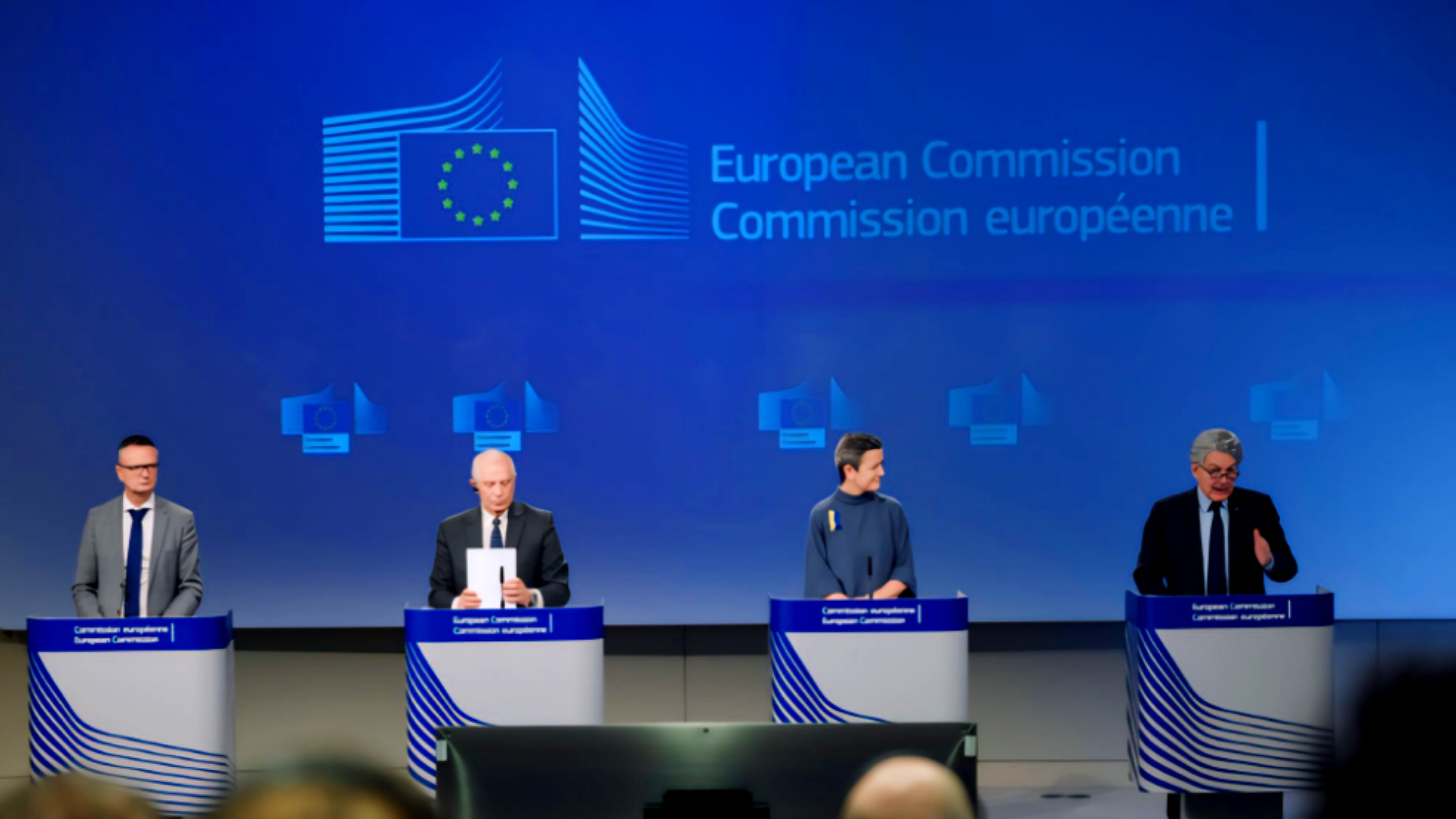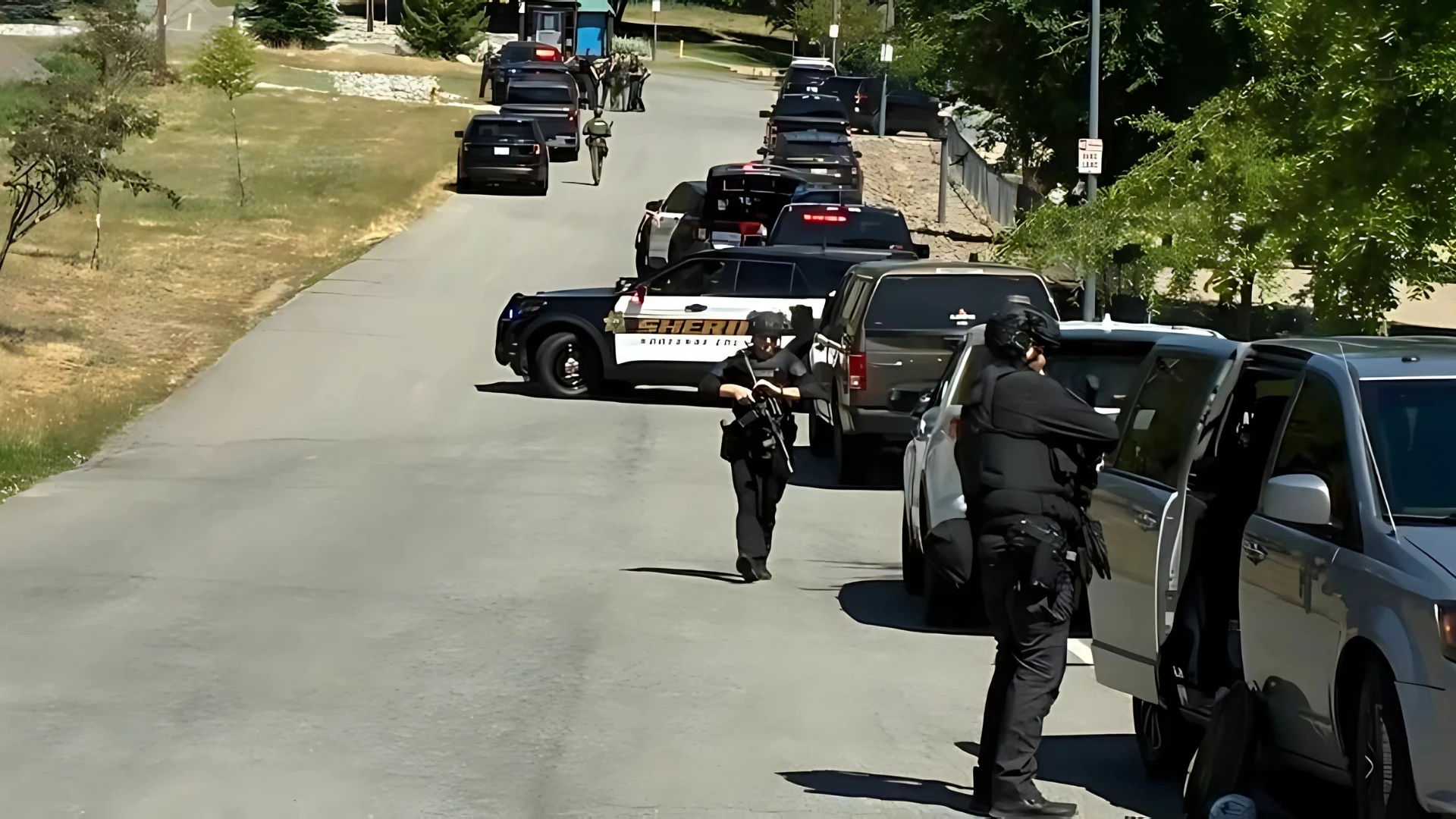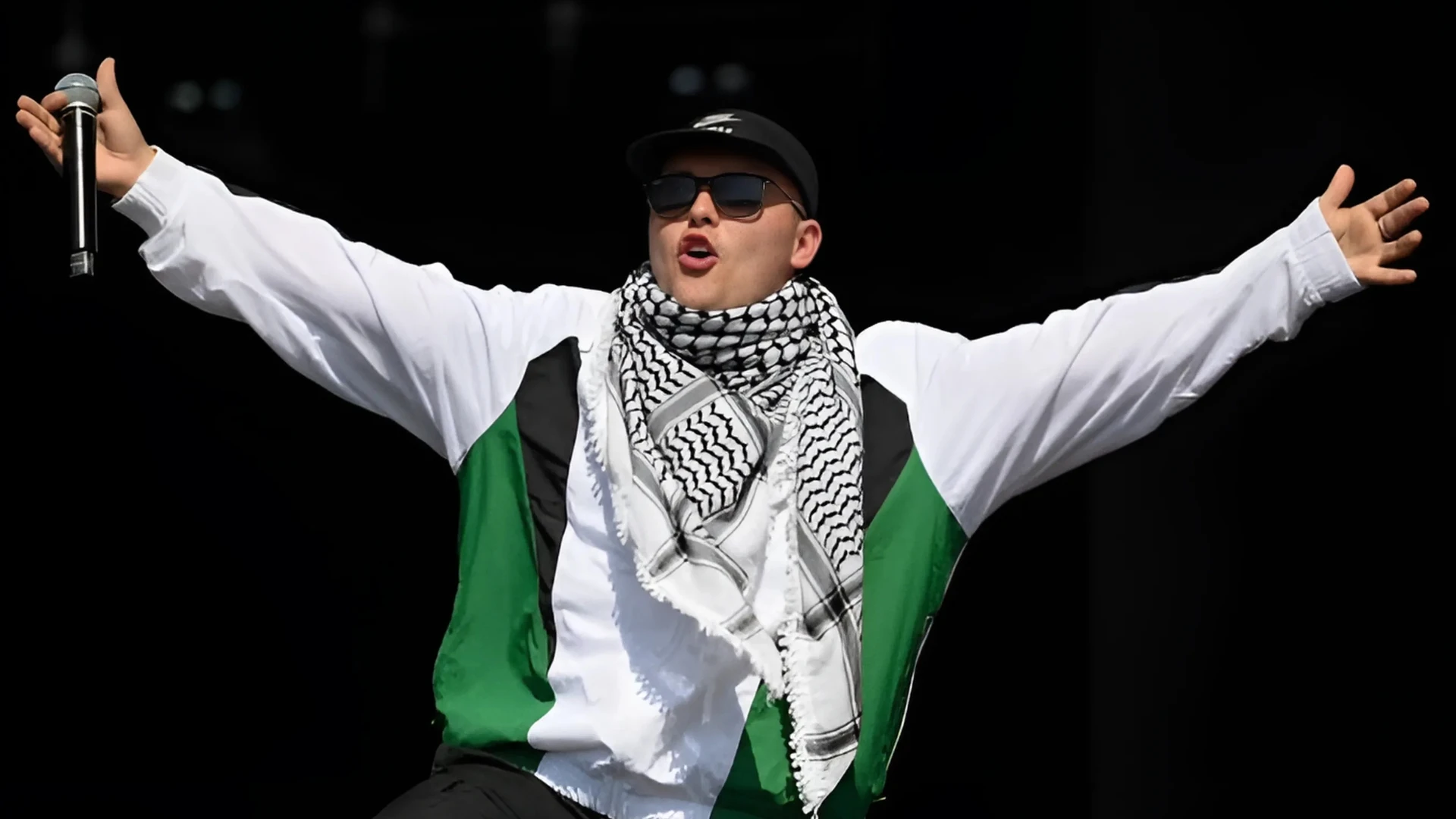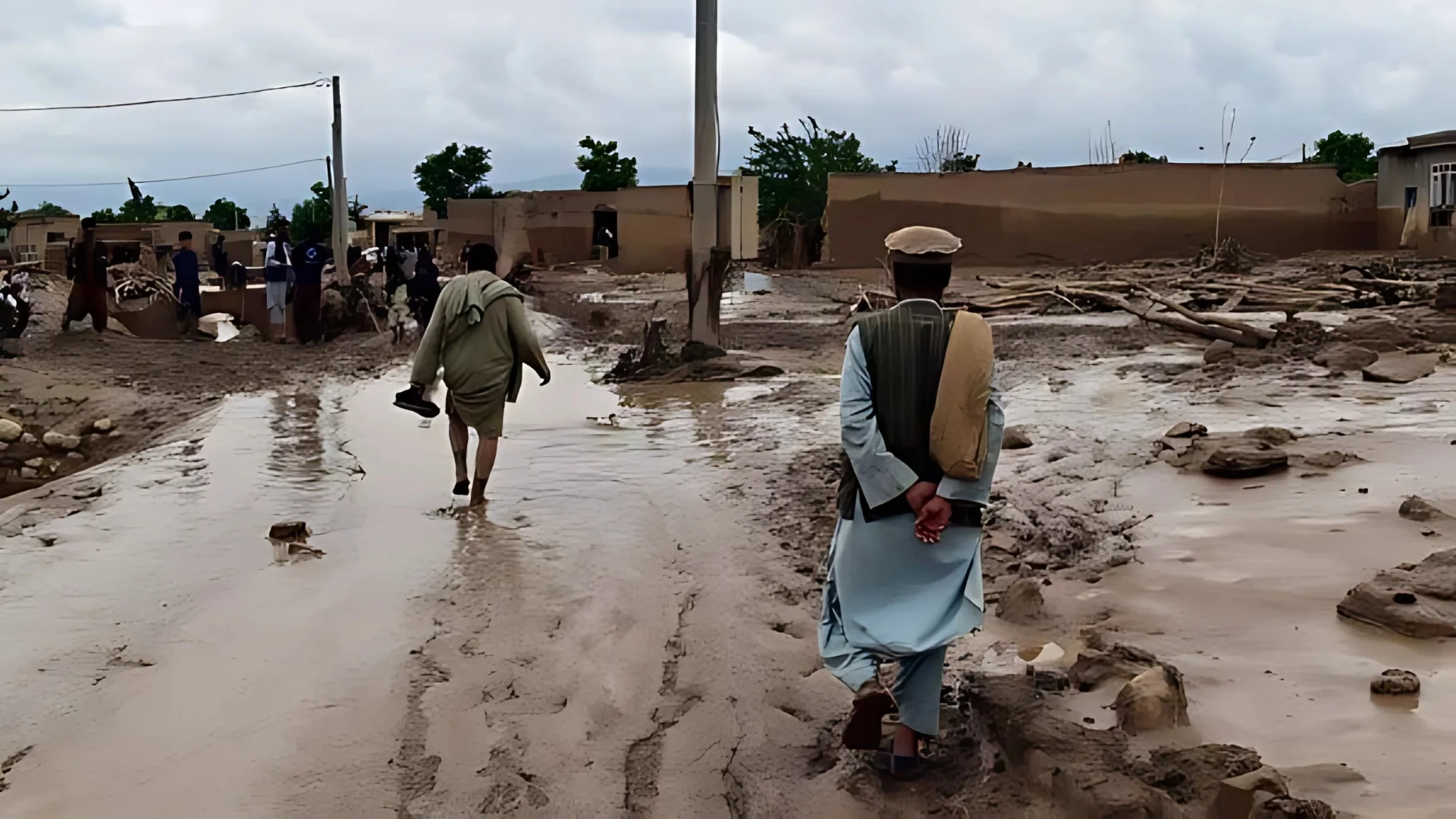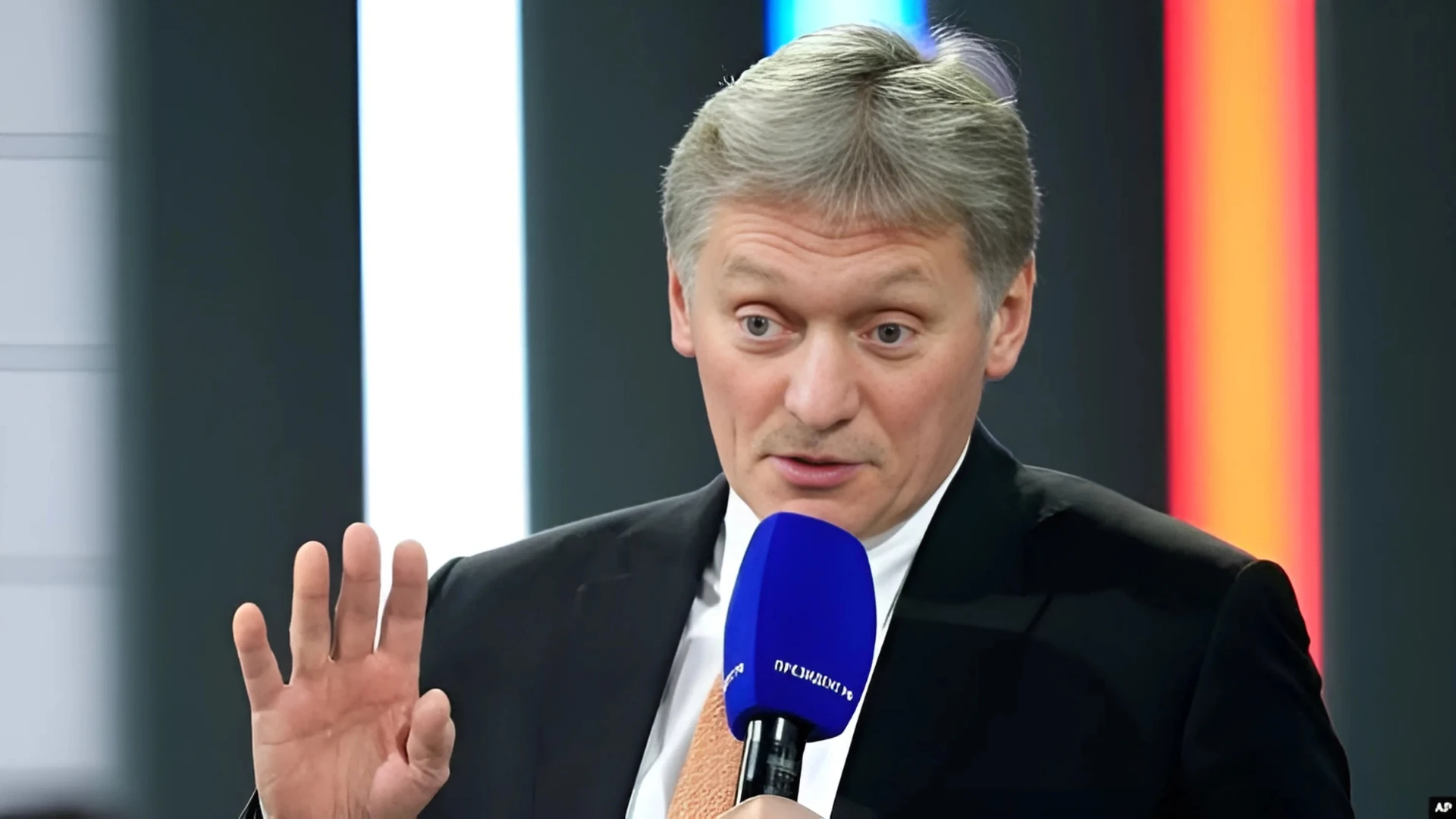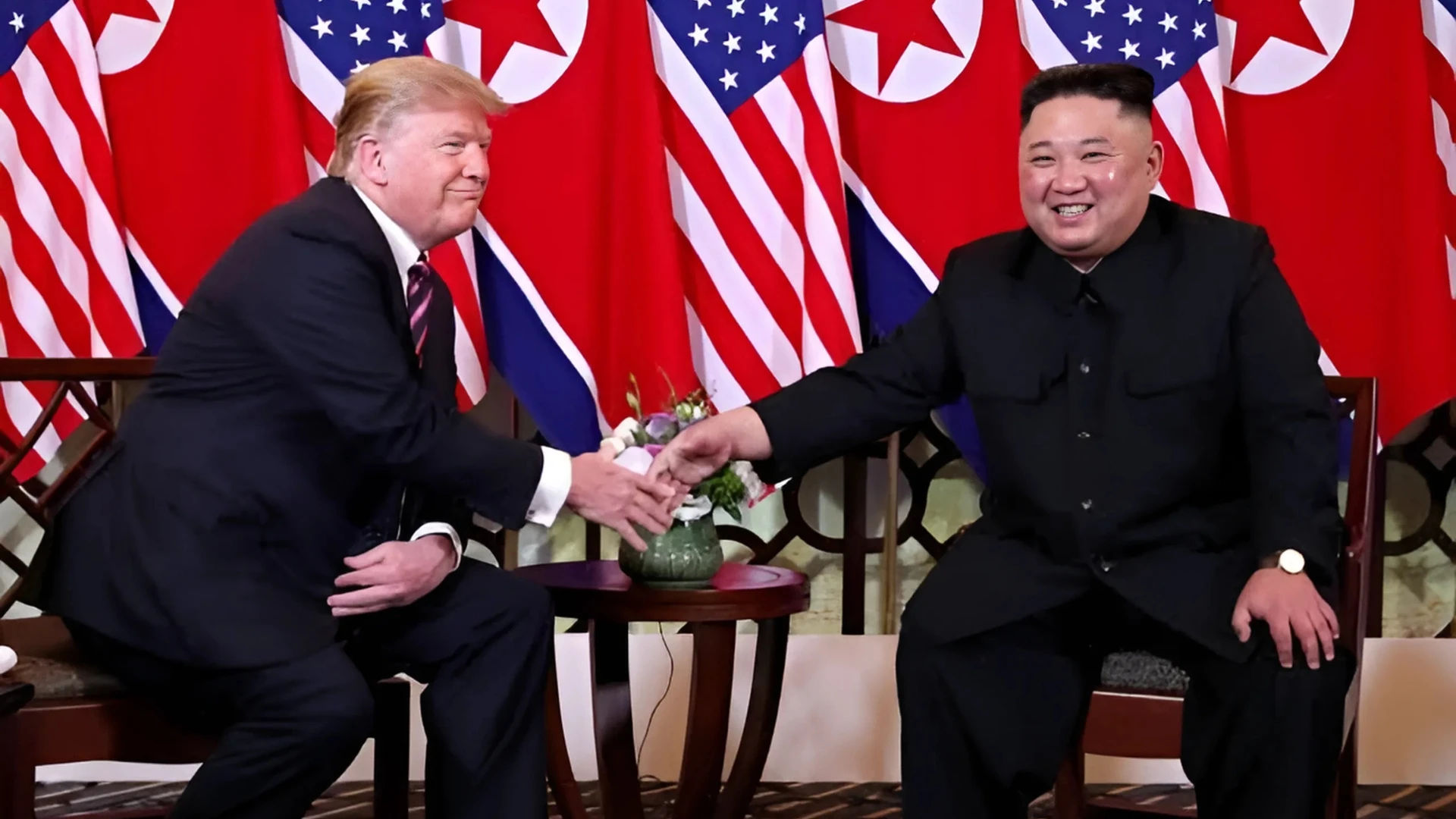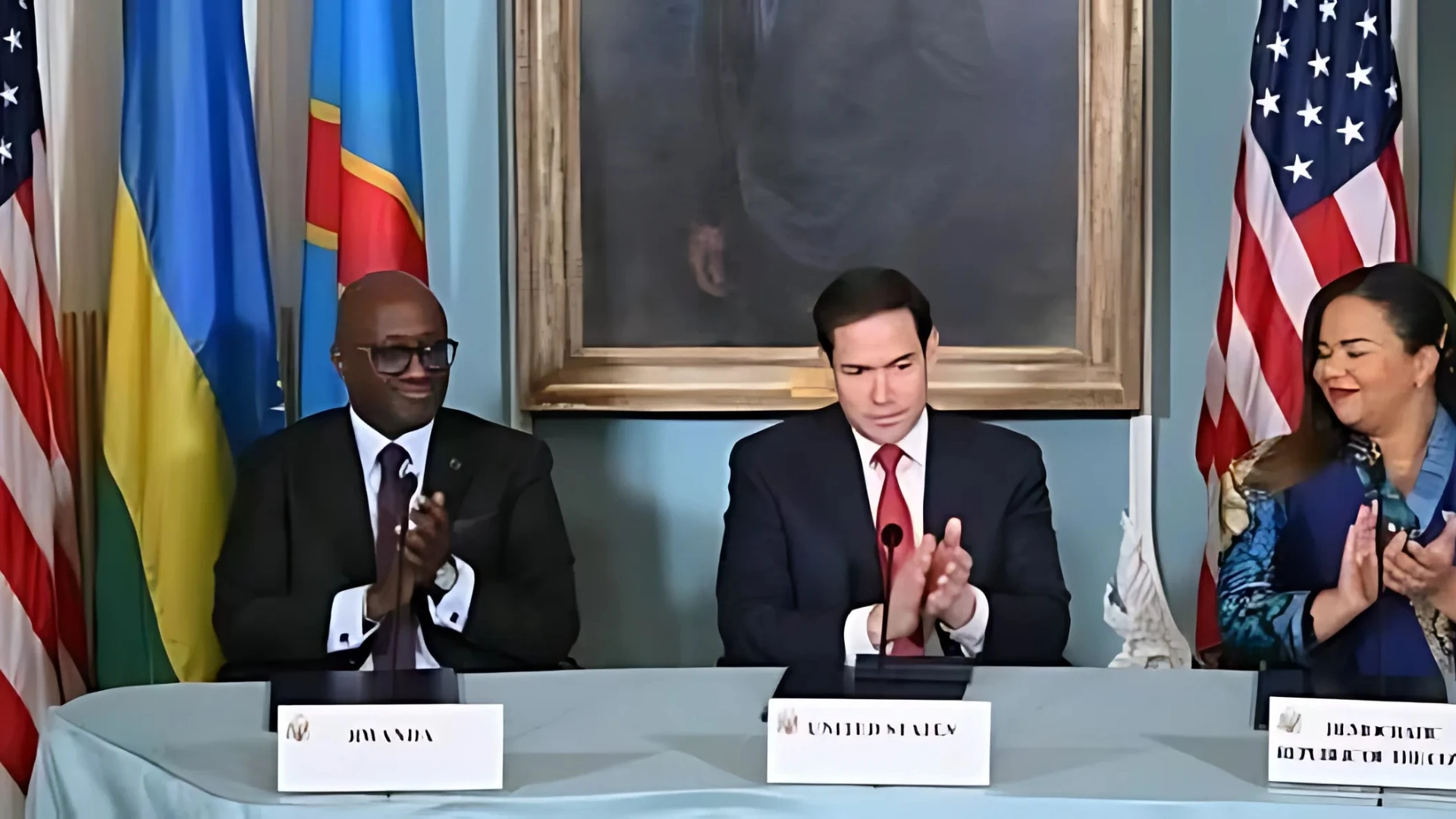Brussels: European Union leaders have committed to strengthening their defence capabilities in response to rising security threats, particularly from Russia.
During a high-level summit in Brussels, officials agreed on the need to accelerate military investments but left key funding details unresolved.
"We have made significant progress, but we must do even more—and do it faster, stronger, and in a coordinated manner," said European Council President Antonio Costa following the discussions.
The push for increased defence spending comes amid concerns over Europe's reliance on the United States, particularly in light of U.S. President Donald Trump's stance on NATO. Trump has repeatedly urged European nations to shoulder more financial responsibility for the continent's defence, raising doubts about continued American support.
The summit focused on filling critical weaknesses in European defences, including air and missile defence systems, munitions stockpiles, and military transport. European Commission President Ursula von der Leyen stressed the urgency of addressing these shortcomings, noting that years of underinvestment have left the bloc vulnerable.
"For a long time, Europe has neglected its defence spending. Now, we must act with urgency and on a large scale," von der Leyen stated. She emphasized the need to strengthen Europe's defence industry to meet the growing demand for military equipment.
Despite the consensus on increasing military spending, EU leaders did not reach a clear decision on how to finance the necessary investments. The European Commission is now exploring ways to adjust fiscal rules to make defence spending more feasible for member states.
Currently, EU nations allocate an average of 1.9% of their GDP to defence, totaling approximately €326 billion ($334.5 billion) in 2023—a significant 30% increase compared to 2021. However, experts estimate that an additional €500 billion will be needed over the next decade to modernize European military capabilities.
Trump has previously suggested that NATO members should aim for 5% of GDP in defence spending—an ambitious target no alliance member currently meets.
Among the financing options discussed were increased national budgets, expanded involvement of the European Investment Bank, and private sector contributions. However, leaders avoided directly addressing the politically sensitive issue of issuing joint EU debt to fund defence spending. Diplomats suggest that a possible compromise could involve using borrowed funds for defence-related loans rather than outright grants.
Adding to the summit’s complexity, Trump’s recent announcement of impending tariffs on EU imports cast a shadow over the discussions. His trade policies have already targeted Canada, Mexico, and China, with temporary pauses in place for some measures.
Despite these economic uncertainties, European leaders remain focused on bolstering the continent’s security. "Europe needs a major defence boost, and we are determined to make it happen," von der Leyen reiterated.


